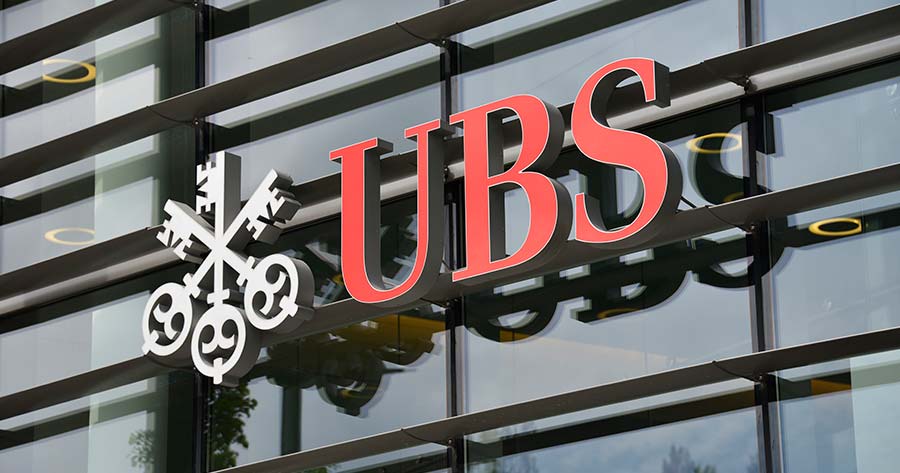UBS, Switzerland’s largest bank, delivered third-quarter net profit that surpassed market expectations, driven by strong results in investment banking and the release of legal reserves.
The bank reported net profit attributable to shareholders of $2.5 billion for the quarter, marking a 74% increase from $1.43 billion in the same period last year. This result was considerably higher than analysts’ consensus estimate of $1.85 billion, according to data from LSEG.
A significant factor contributing to these results was the release of $668 million in litigation reserves, primarily related to the resolution of legal issues concerning Credit Suisse’s residential mortgage-backed securities business and its older cross-border activities in France.
Third-quarter revenue for UBS reached $12.76 billion, which also surpassed analyst projections. Following that, UBS shares gained 2% shortly after markets opened on Wednesday, with the stock having appreciated more than 13% year-to-date.
CEO Sergio Ermotti expressed satisfaction over the bank’s diversified business model, noting that this approach has continued to deliver strong outcomes. He explained that UBS’ investments in strategic initiatives are yielding positive results and highlighted the steady progress in integrating Credit Suisse into the company, with the process expected to be finalized by the end of next year.
The bank has already achieved $10 billion of an anticipated $13 billion in cost savings, moving ahead of schedule, and reported that more than two-thirds of client accounts booked in Switzerland have been successfully migrated.
UBS formally completed its legal acquisition of Credit Suisse in 2023 as part of a government-supported rescue deal. The bank is now expected to face a significant increase in capital requirements as Swiss regulators seek to apply lessons from Credit Suisse’s collapse, aiming to better protect taxpayers and the economy.
While UBS has expressed support for most of the new measures proposed by the Swiss Federal Council, it has objected to proposed sharp increases in capital requirements. Notably, UBS’ wealth management unit attracted $38 billion in net new assets during the third quarter.
Looking to the fourth quarter, the bank anticipates somewhat lower sequential savings, as efforts remain focused on migrating its Swiss platform and as typical seasonal increases in non-personnel costs are expected.
UBS noted that broader macroeconomic uncertainties, including the impact of a strong Swiss franc, higher U.S. tariffs, and potential delays in capital market activities due to a prolonged U.S. government shutdown, are weighing on the Swiss economic outlook.
Earlier this month, the Swiss government lowered its 2026 economic forecast, referencing U.S. President Donald Trump’s tariff policy as a key factor.
As of August, the White House imposed tariffs of 39% on Swiss goods exported to the United States after negotiations between Swiss officials and the U.S. failed to yield an agreement. This tariff rate is among the highest country-specific rates introduced by the current U.S. administration.





